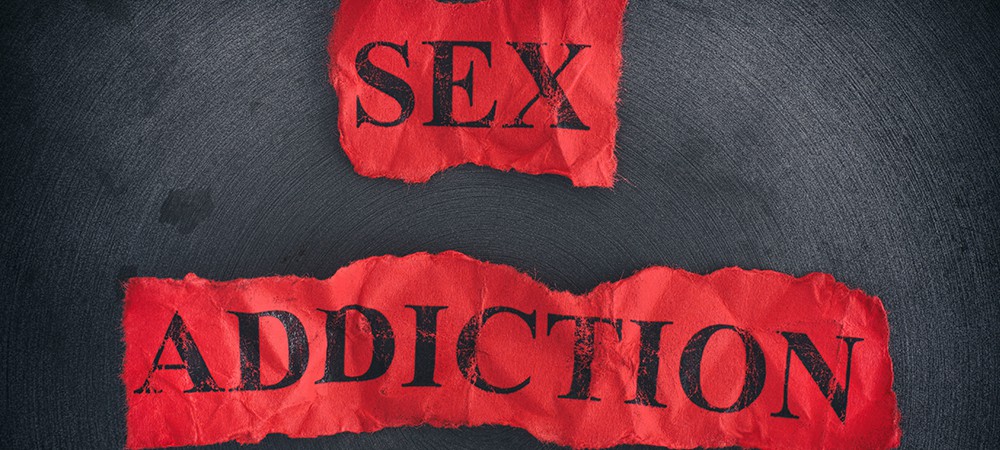 Sex addiction, also known as compulsive sexual behavior disorder, is a complex condition that can have serious emotional, social, and psychological consequences. Unlike a healthy sexual appetite, sex addiction involves an inability to control sexual urges and behaviors despite negative consequences. Many individuals who struggle with sex addiction experience feelings of shame, isolation, and distress as their condition disrupts various aspects of their lives.
Sex addiction, also known as compulsive sexual behavior disorder, is a complex condition that can have serious emotional, social, and psychological consequences. Unlike a healthy sexual appetite, sex addiction involves an inability to control sexual urges and behaviors despite negative consequences. Many individuals who struggle with sex addiction experience feelings of shame, isolation, and distress as their condition disrupts various aspects of their lives.
The Signs of Sex Addiction
Sex addiction manifests in different ways, making it difficult to identify at times. However, some key signs include:
- Preoccupation with Sexual Thoughts – An obsessive focus on sex that dominates a person’s thoughts, affecting their ability to concentrate on work, relationships, or daily responsibilities.
- Inability to Control Sexual Urges – Repeated failed attempts to reduce or stop sexual behaviors, despite a strong desire to change.
- Engagement in Risky Sexual Activities – This can include unsafe sex, excessive pornography consumption, frequent one-night stands, or visiting sex workers.
- Using Sex as an Escape – Many sex addicts turn to sexual activities to cope with stress, anxiety, depression, or trauma.
- Neglecting Responsibilities – Work, relationships, and family life often suffer as sexual behaviors take precedence over important commitments.
- Feelings of Guilt and Shame – After engaging in compulsive sexual acts, individuals often experience deep remorse, but the cycle of addiction continues.
- Progression of Behavior – Over time, sexual behaviors may escalate in frequency or intensity, leading to riskier activities and increased distress.
The Hidden Struggles of Sex Addiction
Sex addiction often remains hidden due to societal stigma and personal shame. Unlike substance abuse, where the effects may be more visible, sex addiction can be easily concealed, making it harder for individuals to seek help.
- Emotional Turmoil: Many sex addicts struggle with guilt, shame, and anxiety, leading to depression or low self-esteem.
- Relationship Breakdown: Partners of sex addicts may feel betrayed, leading to trust issues, emotional distress, and even divorce or separation.
- Financial Consequences: Some individuals spend excessive amounts of money on pornography, escorts, or other sexual services, leading to financial hardship.
- Legal and Professional Consequences: Risky sexual behaviors can lead to legal trouble or workplace issues, further exacerbating the stress of addiction.
Seeking Help and Recovery
Recognizing the problem is the first step toward healing. Sex addiction can be treated through therapy, support groups, and behavioral interventions. Cognitive-behavioral therapy (CBT), Sex Addicts Anonymous (SAA), and mindfulness practices can help individuals regain control over their impulses.
It is important to remember that recovery is possible. With the right support and treatment, individuals can break free from the cycle of compulsive sexual behavior and rebuild their lives. If you or someone you know is struggling with sex addiction, seeking professional help is a courageous and necessary step toward healing.
